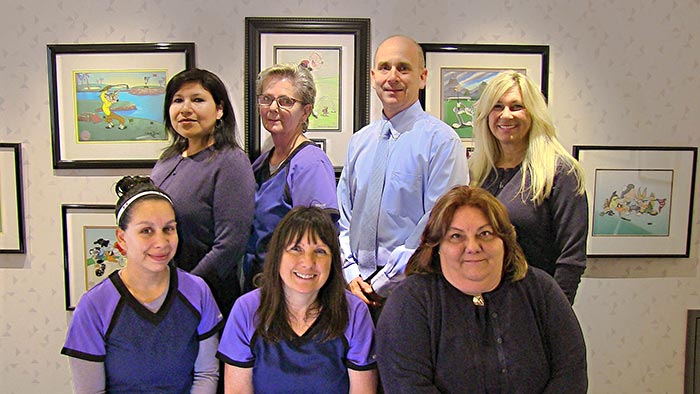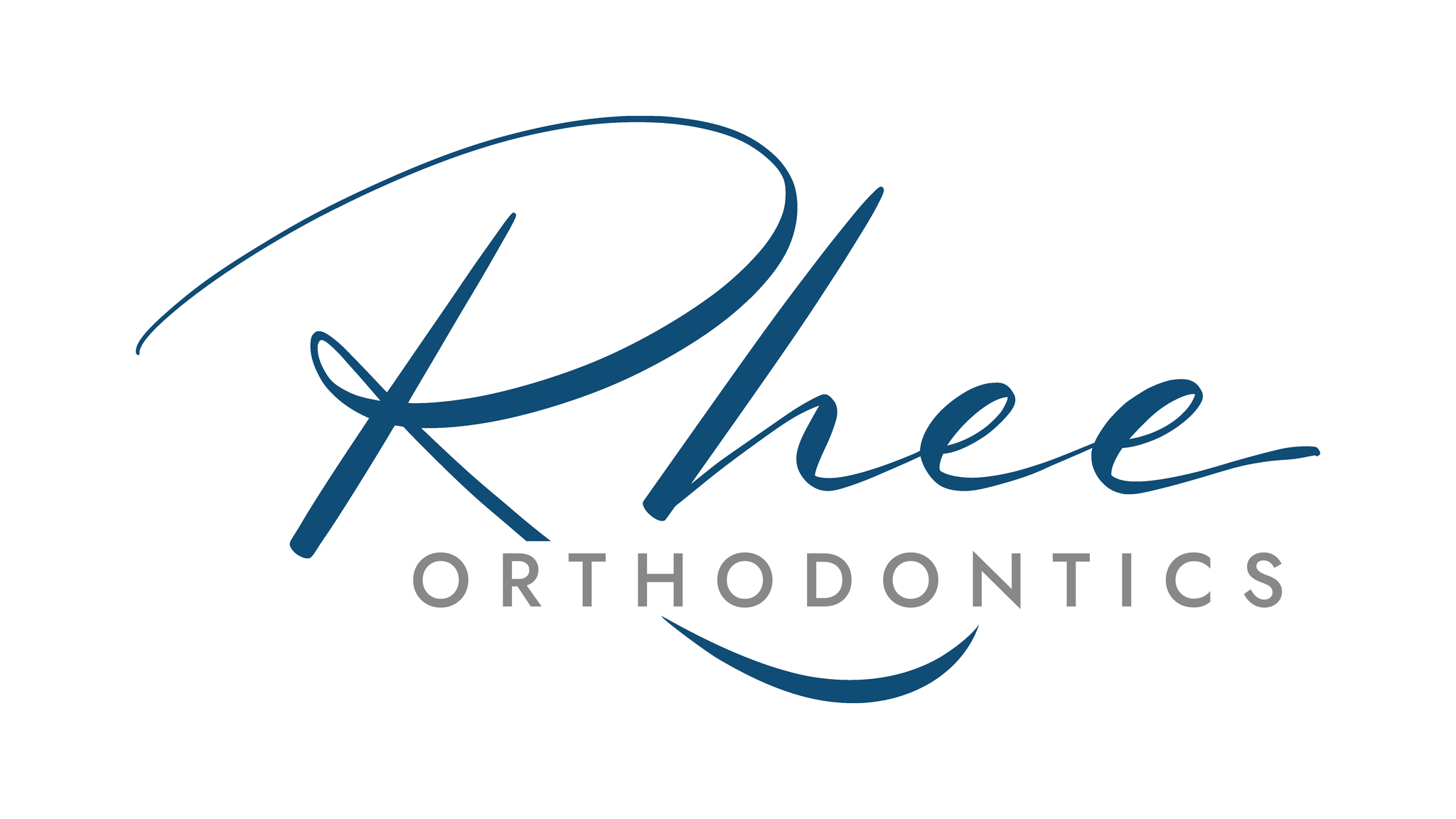FAQ
The staff in our Stamford, CT, office has compiled a list of the most frequently asked questions from our patients. If these FAQs don’t answer your question, call Dr. Gallois and Dr. Mathew Rhee Orthodontics at 203-348-7571 today.
What should I expect during my first visit?
What are diagnostic records and consultation?
The diagnostic records appointment takes about an hour and consists of taking photographs, x-rays, and digital study models of your teeth. These records are used by Dr. Gallois to study your teeth and create a treatment plan. A later consultation visit, with Dr. Gallois, will be scheduled to go over the details of your diagnosis and your complete treatment plan. This visit is a great opportunity for you to learn about what your orthodontic treatment will be like and to ask as many questions as you want. If the patient is a child, it is important that they attend the consultation appointment with their parents. From here, we move forward with scheduling the placement of your orthodontic appliances or braces.
What should I expect the day I get my braces?
On the day you begin your treatment, you will be greeted by one of our highly trained orthodontic assistants. The assistant will explain what we will be doing for that day and begin any preliminary procedures to get your teeth ready for braces. Dr. Gallois will put your braces on. Depending on what type of braces you are getting, your appointment may last as long as two hours. During this time, you will also learn how to take care of your teeth and new braces. Later in the day, your teeth may feel a little uncomfortable as they begin the process of moving. This is totally normal and may last for a few days. It is recommended that you take Tylenol or Advil to alleviate any discomfort you may have.
What do I have to do to make my treatment progress smoothly?
What foods and activities do I need to avoid while I have my braces?

What do I do if I have an emergency?
Don’t panic! Most orthodontic emergencies are minor. If you think a part of your braces is broken or something is poking or hurting you, call the office at 203-348-7571. We will make an appointment for you to be seen in the office. Don’t wait until your next appointment. If it is after office hours, you will be given a number to reach Dr. Gallois by phone. Sometimes things can be handled with instruction over the phone, but if necessary, an emergency office visit will be made to care for the problem. If you are unsure if a problem exists, please don’t hesitate to call. We are always happy to ease your concerns and get you through any emergency.
How long do I have to wear my retainers?
What should I do if I lose or break my retainers?
At what age should I have an orthodontic evaluation for my child?
The American Association of Orthodontists recommends that children first be evaluated at age seven. At this age, an orthodontist can evaluate the child’s bite, growth and development, and the eruption of the permanent dentition. This is a good time to intercept any serious developing orthodontic problems or just begin monitoring the child’s dental development. Sometimes parents are concerned with the teeth of a child younger than seven years old. It never hurts to take a look at any age. There is usually no fee associated with an initial examination, so if you have a concern about your child, schedule an appointment.
Do I need a special mouth guard to play sports?
Dr. Gallois and Dr. Rhee Orthodontics
125 Strawberry Hill Ave
Stamford, CT 06902
Hours
Monday 8:00 AM - 5:00 PM
Tuesday 8:00 AM - 5:00 PM
Wednesday Closed
Thursday 8:00 AM - 5:00 PM
Friday 8:00 AM - 5:00 PM
*Saturday 8:00 AM - 12:30 PM
Sunday Closed
*We are open every other Saturday. Please check out schedule.
In an emergency, please call the office and we will accommodate you. If the office is closed, you will be given the number of the doctor on call.
